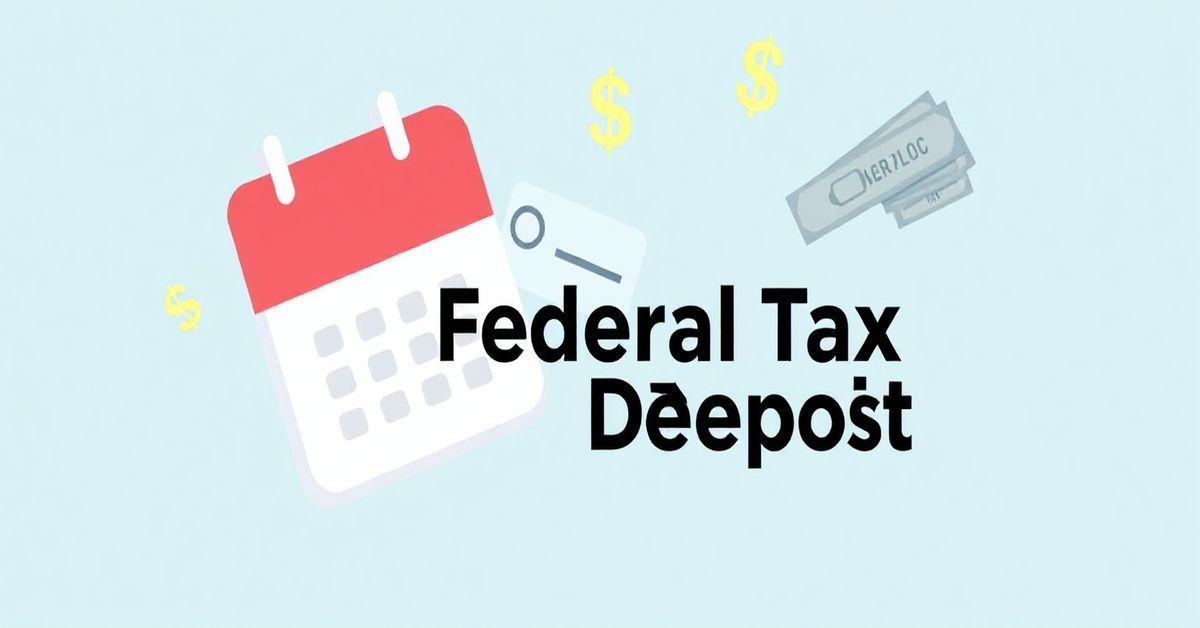Federal Tax Deposit (FTD)
What is a Federal Tax Deposit (FTD) and Why Does it Matter?
A Federal Tax Deposit (FTD) is the method by which businesses and some other taxpayers pay certain federal taxes, such as employment taxes (like Social Security and Medicare) and excise taxes. Instead of sending a check directly to the IRS, these taxes are deposited into an authorized bank or through the Electronic Federal Tax Payment System (EFTPS).

